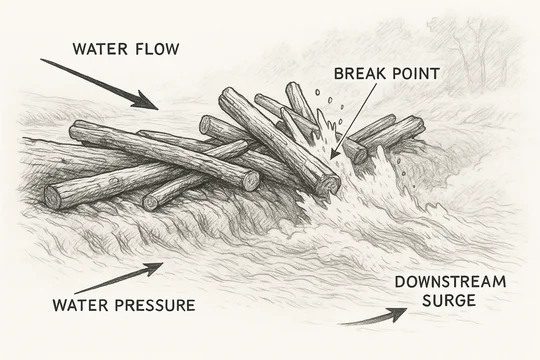In March 2019, Judge Connolly granted a motion to dismiss claims for post-complaint willfulness and indirect infringement, writing that "the complaint itself cannot serve as the basis for a defendant's actionable knowledge." VLSI Tech., LLC v. Intel Corp., C.A. No. 18-966-CFC, 2019 U.S. Dist. LEXIS 49801, at *4 (D. Del. Mar. 26, 2019). "The purpose of a complaint is not to create a claim but rather to obtain relief for an existing claim." Id.
Twice in the past month, in nearly identical footnotes, Judge Connolly has questioned why defendants are not challenging post-complaint willfulness and indirect infringement claims:
For reasons not clear from the record, [the defendant] has not objected to [the plaintiff's] remaining claims for post-suit indirect infringement and enhanced damages based on post-suit willful infringement.
VLSI Tech. LLC v. Intel Corp., C.A. No. 18-966-CFC (D. Del. June 26, 2020).
For reasons not clear from the record, Defendants did not move to dismiss Plaintiff's allegations of post-suit induced and willful infringement.
Dynamic Data Techs., LLC v. Google LLC, C.A. No. 19-1529-CFC (D. Del. June 11, 2020).
In both cases, he cited his March decision in VLSI, along with a supporting decision from S.D.N.Y.
For patent plaintiffs in Delaware, the message is loud and clear: there is a high risk that post-complaint conduct is not going to cut it for indirect and willful infringement.
If you enjoyed this post, consider subscribing to receive free e-mail updates about new posts.





